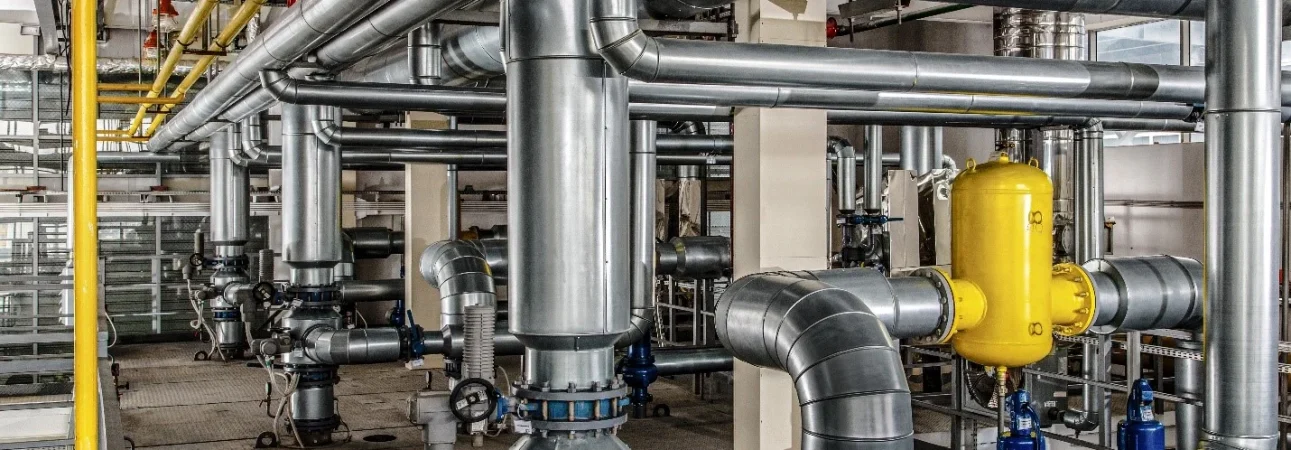In the fast-paced and demanding environment of construction, equipment failures can lead to costly delays, increased repair expenses, and compromised safety. One of the most effective ways to minimize these failures and extend the lifespan of machinery is through the proper use of Industrial Grease. Industrial grease plays a critical role in maintaining construction equipment by reducing friction, preventing corrosion, and protecting components from harsh environmental factors. This article explores how construction professionals can prevent equipment failures by effectively using industrial grease in their maintenance routines.
Understanding the Importance of Industrial Grease in Construction Equipment
Industrial grease is a specialized lubricant designed to withstand extreme pressure, temperature fluctuations, and exposure to contaminants. Unlike oils, grease adheres to surfaces, creating a durable lubrication layer that stays in place even under heavy load or in challenging conditions. This makes it ideal for construction machinery, where moving parts are exposed to dirt, moisture, and mechanical stress.
Proper lubrication with industrial grease reduces wear and tear by minimizing metal-to-metal contact, thereby preventing premature breakdowns and equipment failures. Neglecting lubrication or using the wrong type of grease can accelerate component deterioration and cause costly downtime.
Key Strategies to Prevent Equipment Failures Using Industrial Grease
Regular and Timely Lubrication
One of the most fundamental ways to prevent equipment failure is to maintain a consistent lubrication schedule. Components such as bearings, gears, joints, and hydraulic fittings require periodic greasing to ensure optimal performance. Without timely application, grease can dry out or become contaminated, losing its protective properties.
Establishing a maintenance timetable based on manufacturer recommendations and operational conditions ensures that lubrication is applied before wear occurs. Regular inspections and lubrication help detect early signs of component distress, enabling preventive action.
Use the Correct Type of Industrial Grease
Choosing the right industrial grease tailored to the specific needs of your equipment is essential. Construction machinery operates under diverse conditions—extreme temperatures, heavy loads, water exposure, and abrasive environments. Each factor influences grease selection.
High-quality greases formulated for heavy-duty applications contain additives that enhance resistance to oxidation, water washout, and mechanical degradation. Using grease that meets equipment specifications prevents breakdowns caused by inadequate lubrication or chemical incompatibility.
Clean and Prepare Surfaces Before Greasing
Applying industrial grease to dirty or contaminated parts can trap abrasive particles, accelerating wear instead of preventing it. Before lubrication, it is critical to clean grease fittings, bearings, and other lubrication points thoroughly.
Removing old grease, dirt, and debris ensures that the new grease adheres properly and performs effectively. Proper surface preparation prolongs the protective barrier that industrial grease provides, safeguarding components against corrosion and friction.
Avoid Over-Greasing and Under-Greasing
Both excessive and insufficient greasing can harm equipment. Over-greasing may cause seals to rupture or grease to leak, attracting dirt and contaminants that degrade parts. Under-greasing, on the other hand, leaves moving surfaces inadequately lubricated, leading to increased friction and wear.
Training maintenance personnel on the correct quantity of grease application and using appropriate tools, such as calibrated grease guns, helps achieve optimal lubrication without waste or risk.
Implement Automated Lubrication Systems
To improve consistency and efficiency, many construction operations adopt automated lubrication systems. These systems deliver precise amounts of industrial grease to critical points at scheduled intervals, reducing human error and maintenance time.
Automated greasing not only ensures continuous protection but also enhances safety by limiting the need for technicians to access hazardous or hard-to-reach machinery parts frequently.
Monitor Grease Condition and Equipment Performance
Regular monitoring of the condition of industrial grease and the performance of lubricated components is vital. Used grease can become contaminated or lose effectiveness over time. Periodic sampling and analysis of grease help determine when reapplication or a change in grease type is necessary.
Additionally, monitoring equipment for unusual noises, heat buildup, or vibration can indicate lubrication problems early. Prompt corrective action based on monitoring data prevents minor issues from escalating into major failures.
Benefits of Preventing Equipment Failures Through Proper Greasing
Employing effective industrial grease maintenance practices significantly reduces equipment failures, resulting in lower repair costs and less downtime. Proper lubrication extends the life of expensive components, maximizes machine availability, and enhances operational efficiency.
Furthermore, well-maintained equipment operates more smoothly and consumes less energy, contributing to cost savings and environmental sustainability. For construction companies, these benefits translate into improved project delivery, increased profitability, and a safer working environment.
Conclusion
Preventing equipment failures in construction is a multifaceted challenge, but the strategic use of industrial grease offers a reliable solution. Through regular lubrication, selecting the correct grease, proper surface preparation, and monitoring, construction professionals can protect their machinery from premature wear and costly breakdowns.
Adopting these best practices ensures that construction equipment remains dependable and efficient throughout its service life. Investing in quality industrial grease and maintenance protocols is not just a cost but a crucial step toward long-term operational success.
For construction managers and maintenance teams looking to optimize their equipment care, prioritizing industrial grease application is essential. Doing so will safeguard your investment, improve performance, and keep your projects on track.
